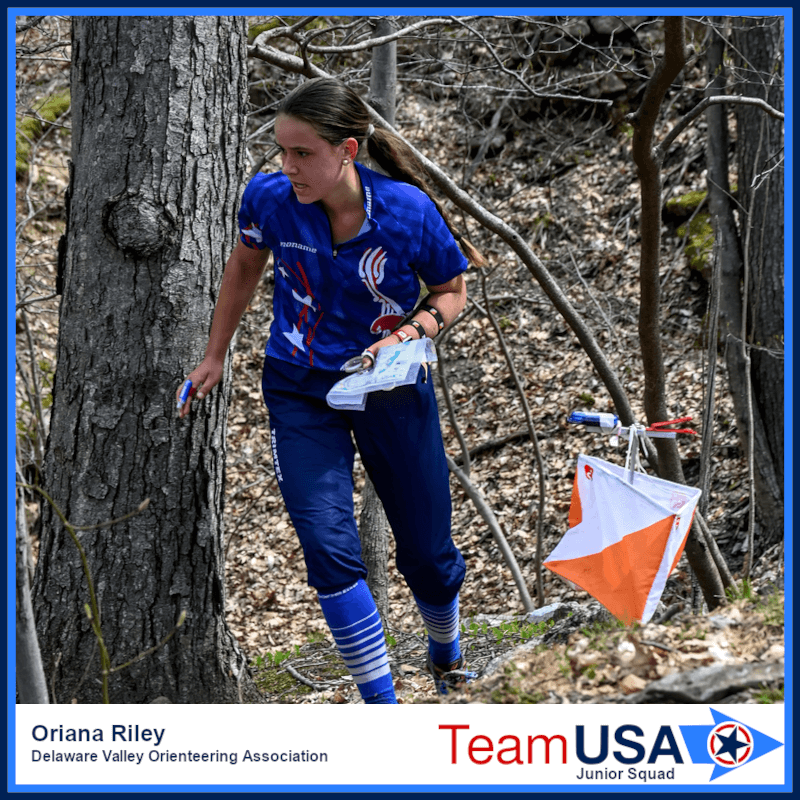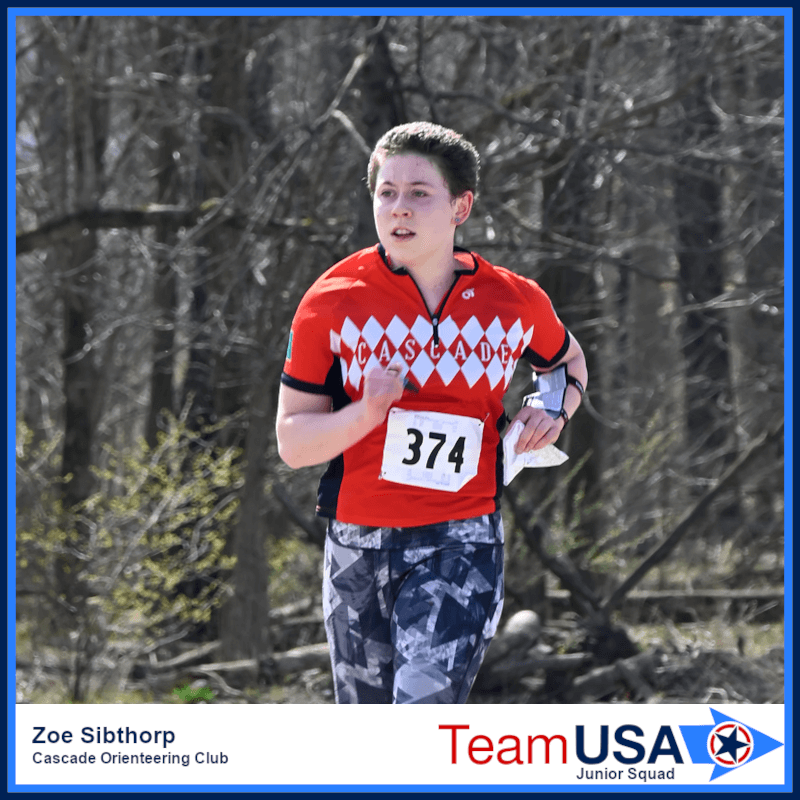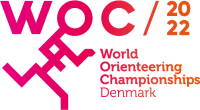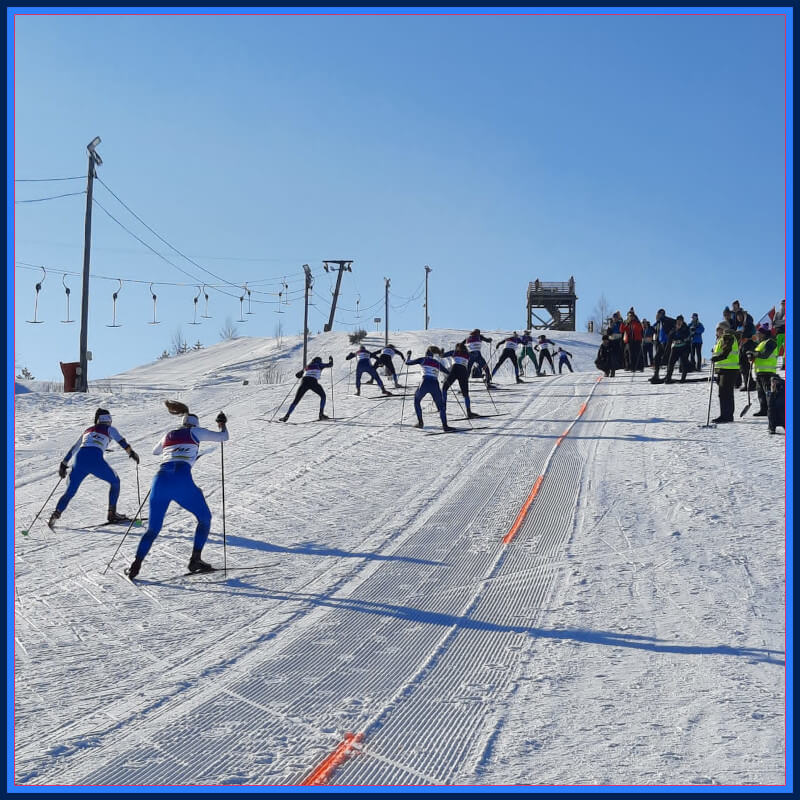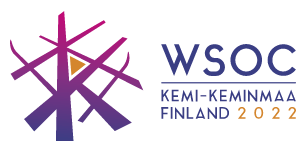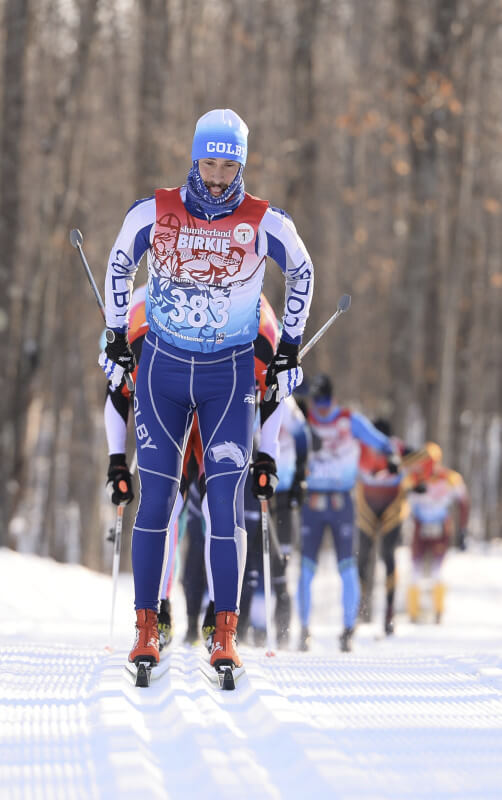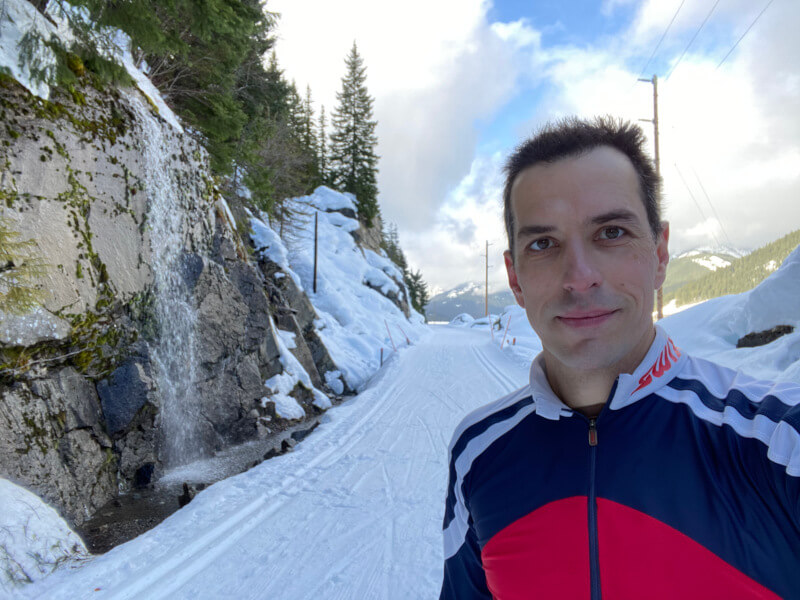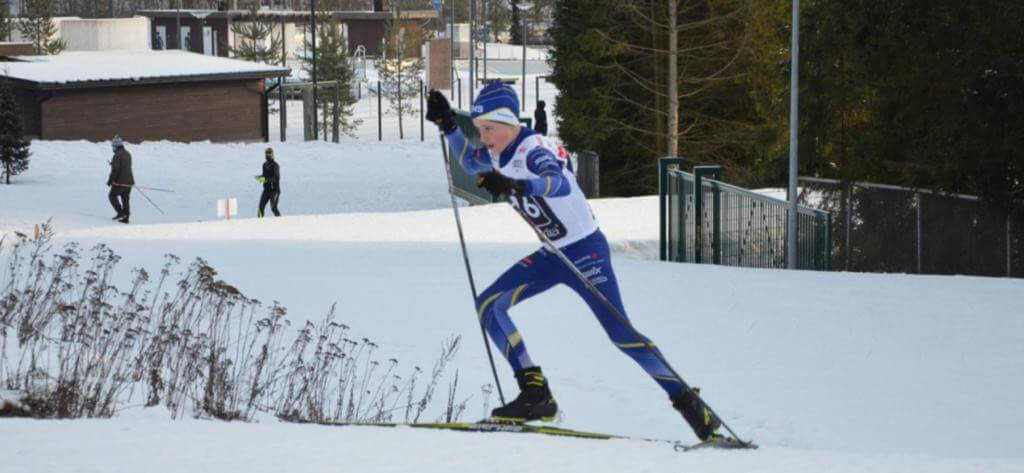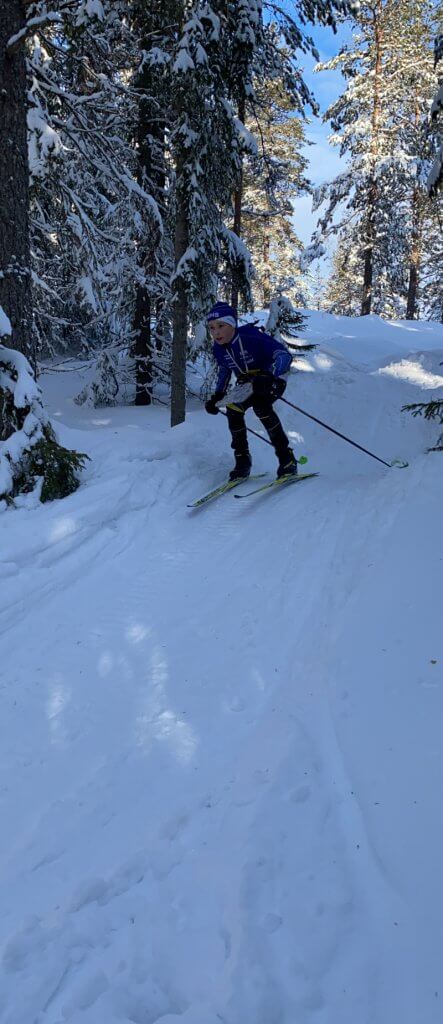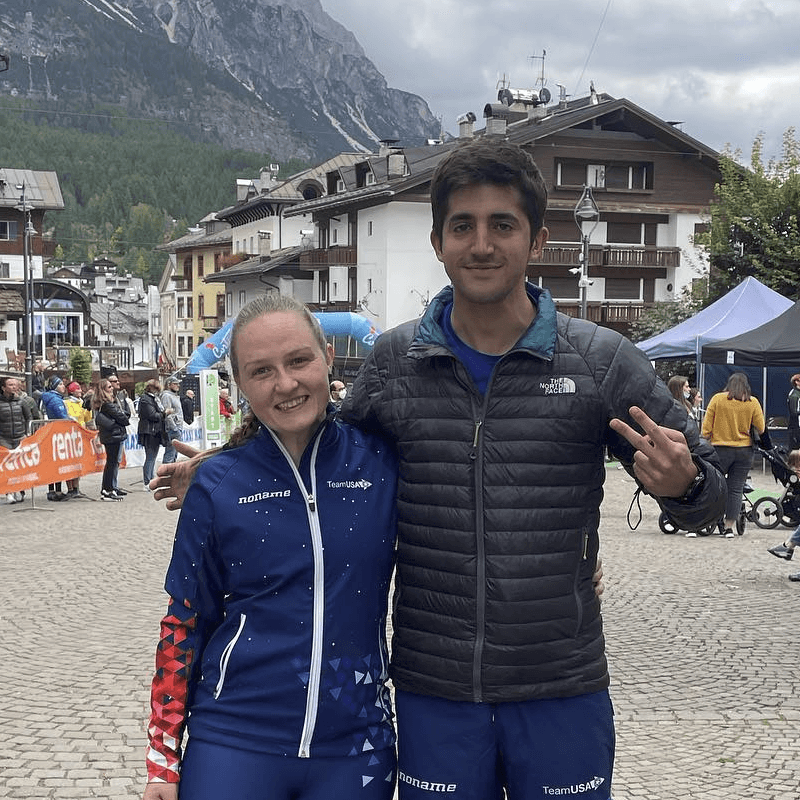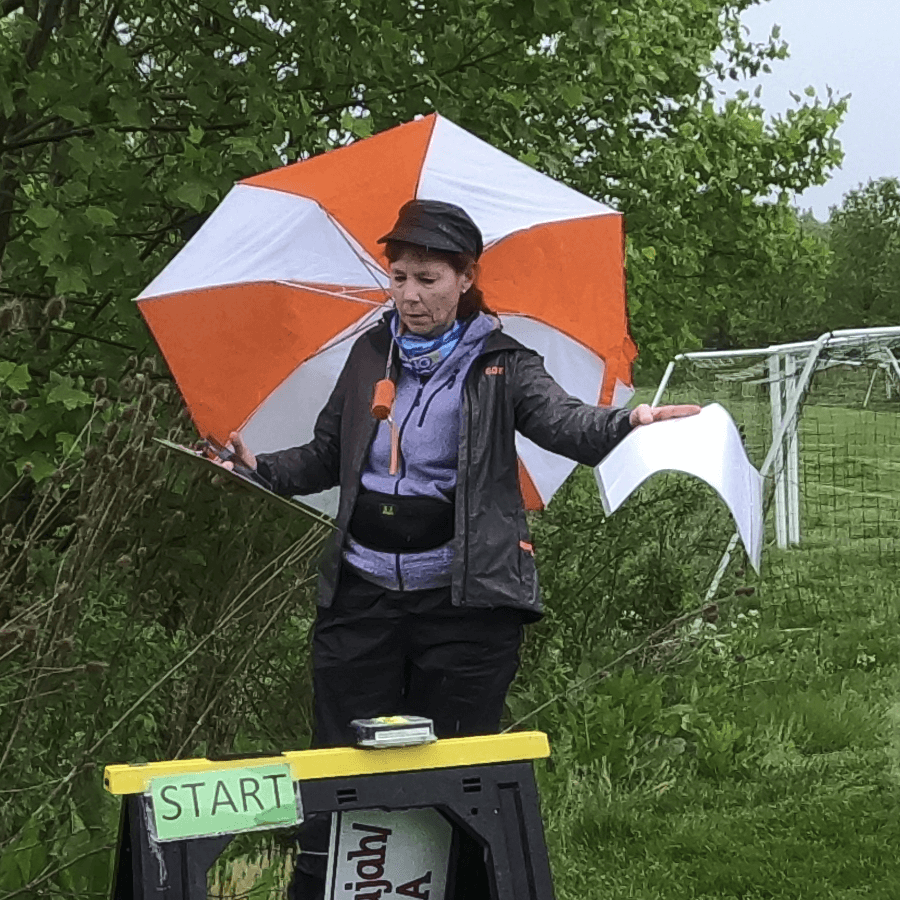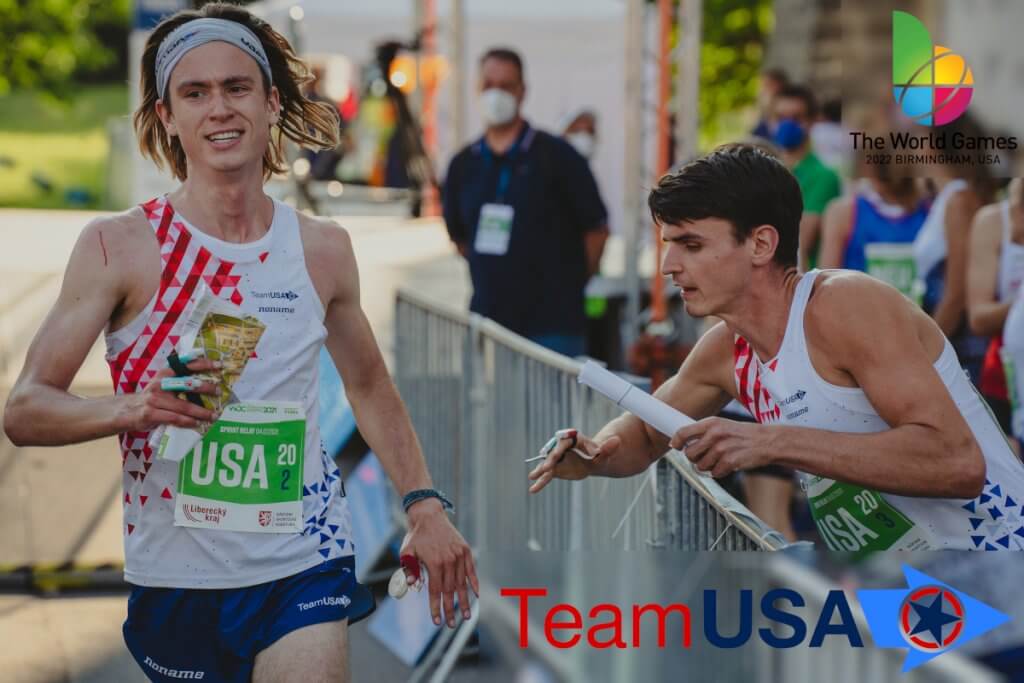2022 WOC Team Announced
The WOC Selection Committee (Jeff Saeger, Glen Tryson & Peggy Dickison) is pleased to announce the US Team for this year’s World Orienteering Championships in Denmark. This years championships, to be held June 26-30, will be the first WOC to focus exclusively on the sprint discipline (aka Sprint WOC). Future WOC’s will alternate between Forest WOC & Sprint WOC formats.
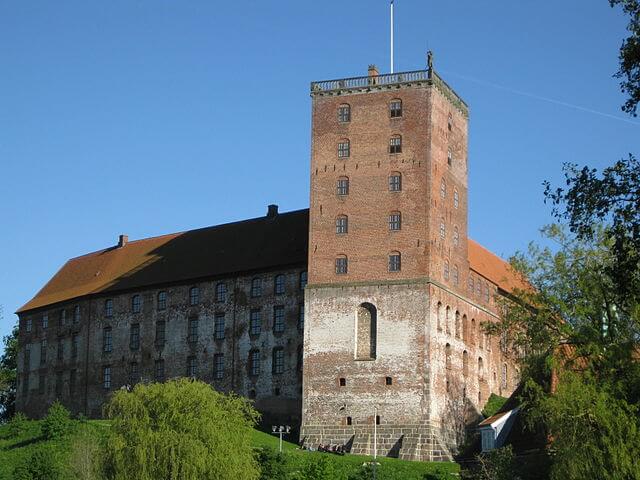
The first event will be a Sprint Relay in the town of Kolding which includes an old town area with asymmetrical street patterns including the castle Koldinghus dating from around 1200 that rises about 20m above the town.
Image: Hubertus, CC BY-SA 3.0, via Wikimedia Commons
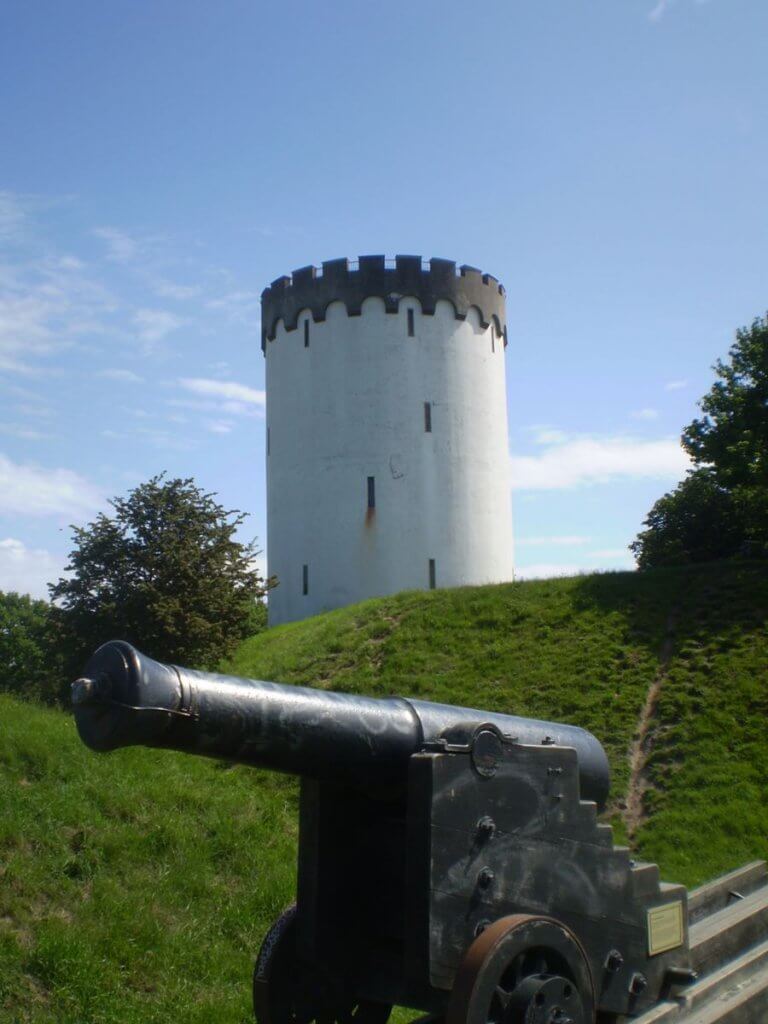
The second event will consist of qualifying and final rounds of a Knock-Out Sprint in and around the military fortifications of Fredericia, characterized by hilly ramparts now covered by grass and forest. Within the fortifications lies the town proper with a symmetrical road network divided into quadrants.
Image: CC BY-SA 1.0 via WikiTravel

The final events of the championship will be the Individual Sprint qualification and final races in the Danish town of Vejle including a complex old town area with shopping streets, backyards and narrow alleyways. Modern residential areas with public buildings and schools are also present. To the north lies a steep 90m slope with deep ravines and partly vegetated with deciduous forest areas. To the south lies a flat area cut by multiple railways and two water courses passable by bridges and, in some cases, tunnels.
Privat fotograf, CC0, via Wikimedia Commons
Because the sprint relay team consists of 2 men + 2 women, TeamUSA will be sending three men and three women to this year’s competition. Congratulations to the following athletes selected to represent the US at this years Sprint WOC:
- Men
- Joe Barrett – QOC
- Sergei Ryzhkov – DVOA
- Ricardo Schaniel – Bussola OK
- Eric Bone – COC (alternate)
Because the relay is the first event, it has been pre-determined that Joe Barrett, Ricardo Schaniel, Tori Borish, and Evalin Brautigam will run the relay, running order to be determined.

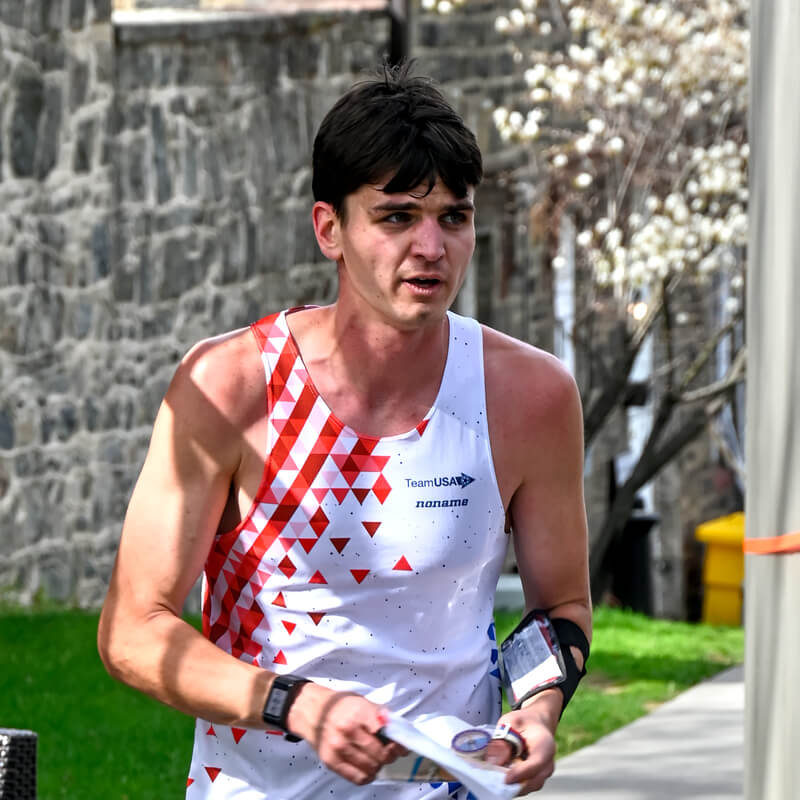
QOC
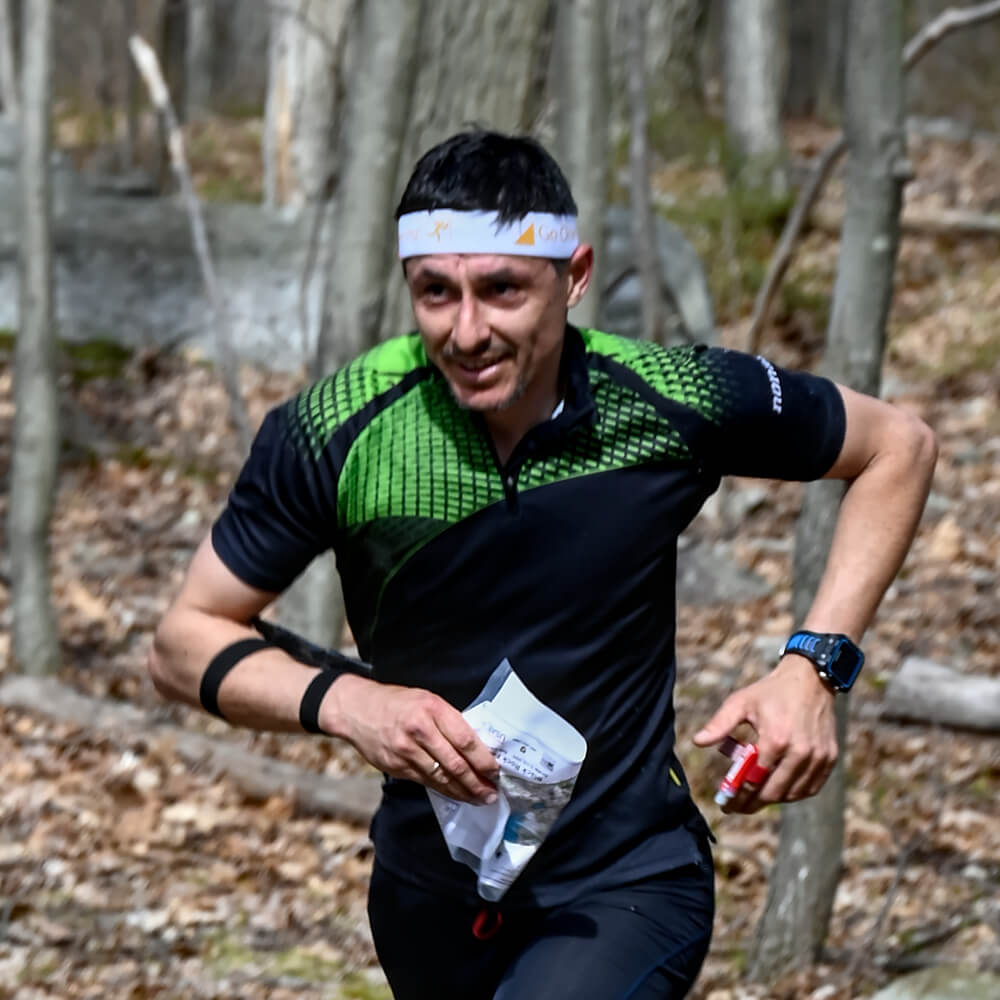
DVOA
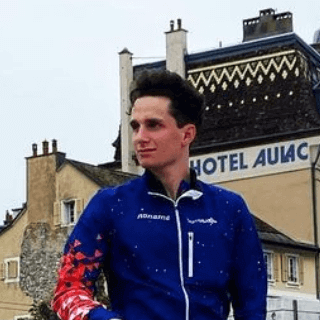
Bussola OK
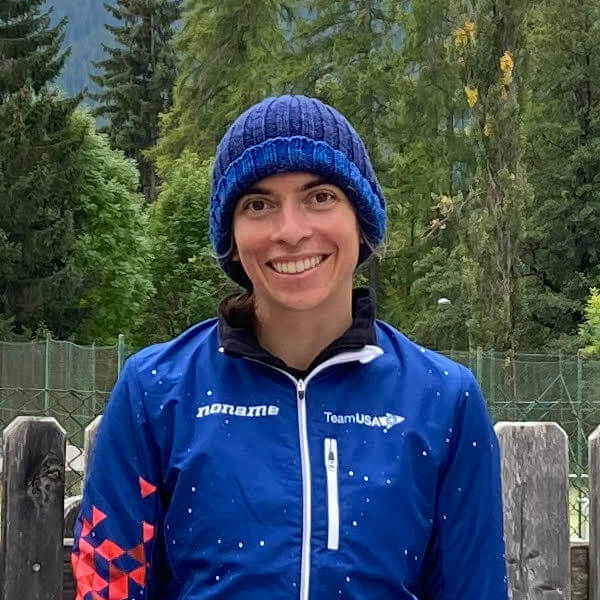
RMOC
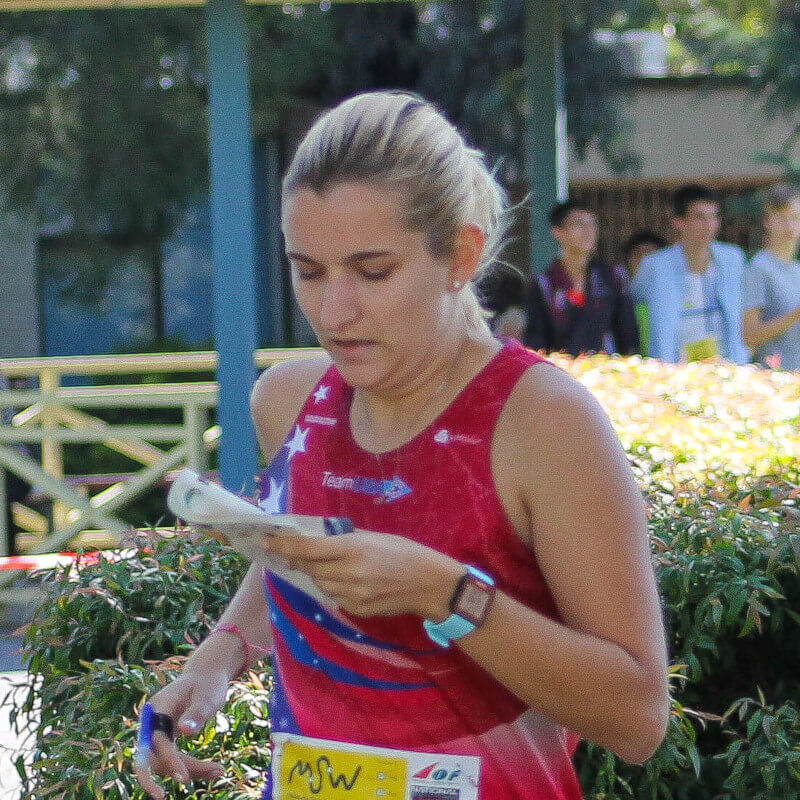
WCOC
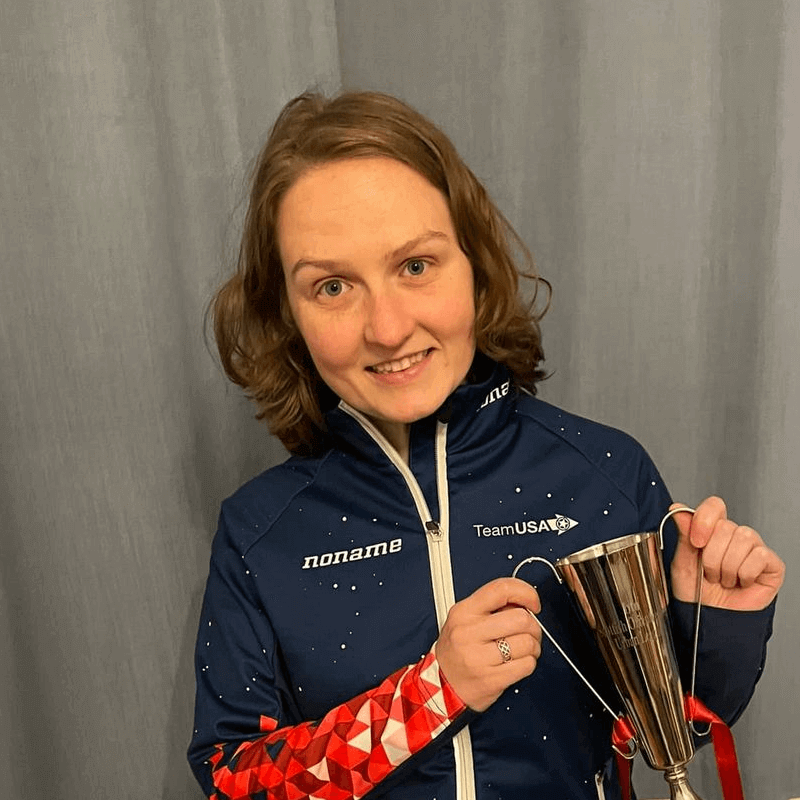
DVOA
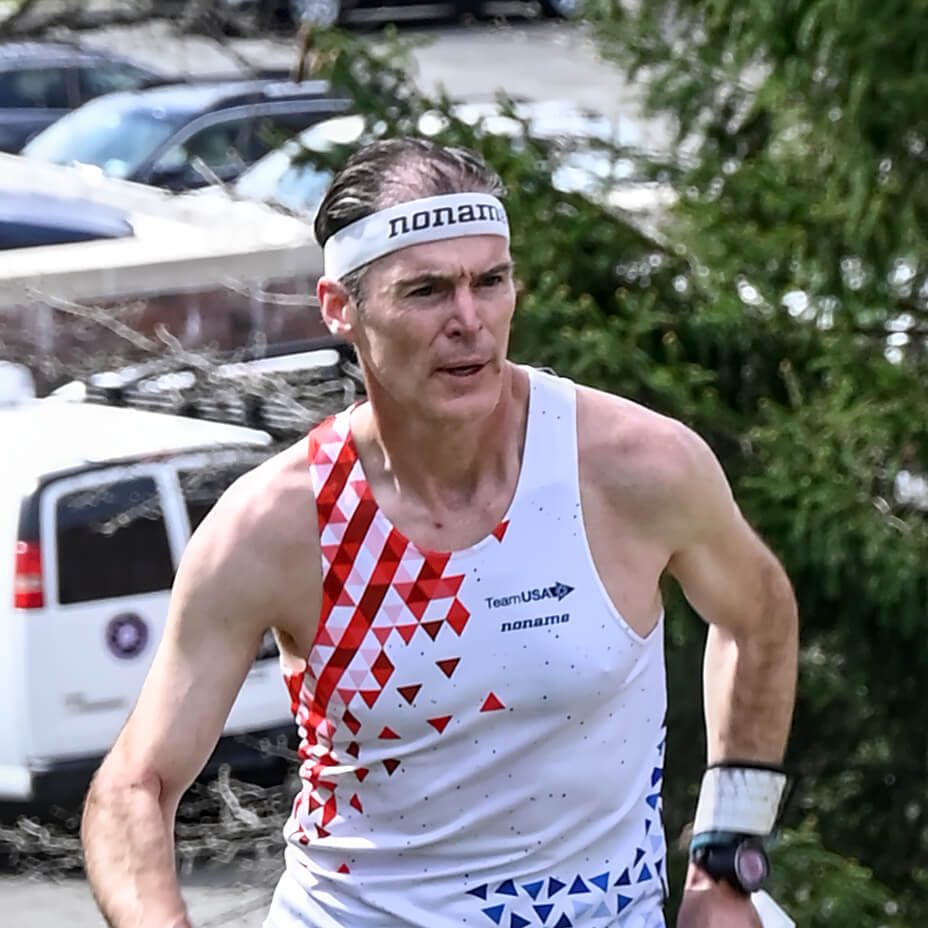
COC
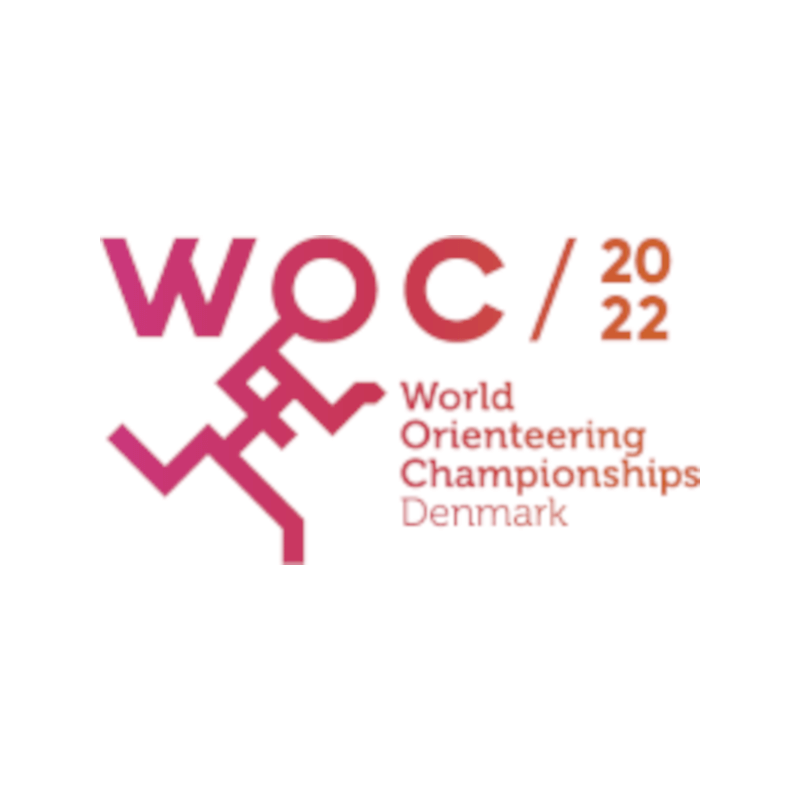
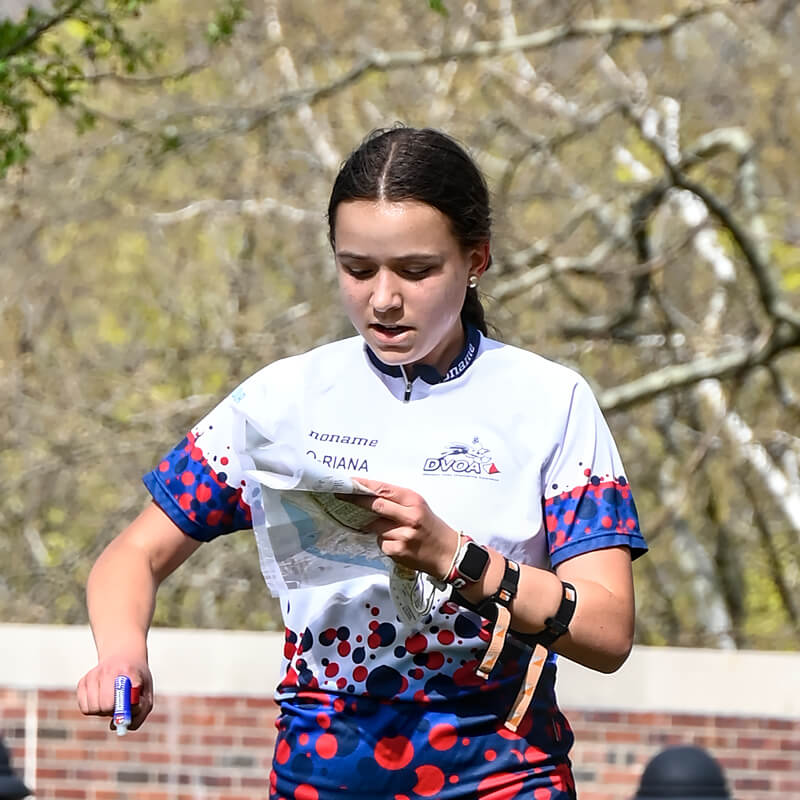
DVOA
There will also be a WOC Tour held concurrently with 3 Sprint races held on the same terrains the WOC competitors will face plus 3 Forest Middle distance races for spectators to enjoy. Come to Denmark and cheer on TeamUSA and get a solid week of races in for yourself as well!

